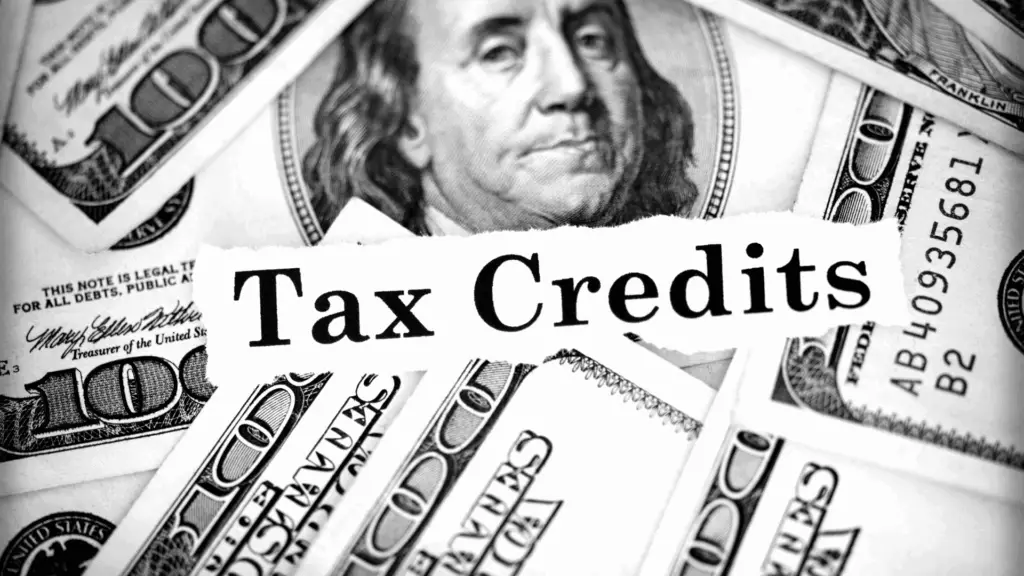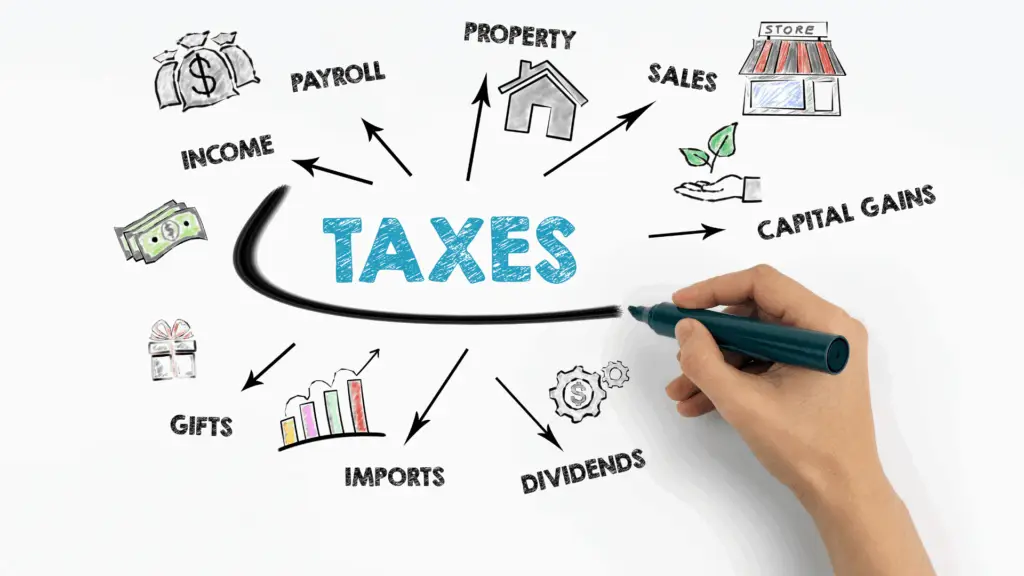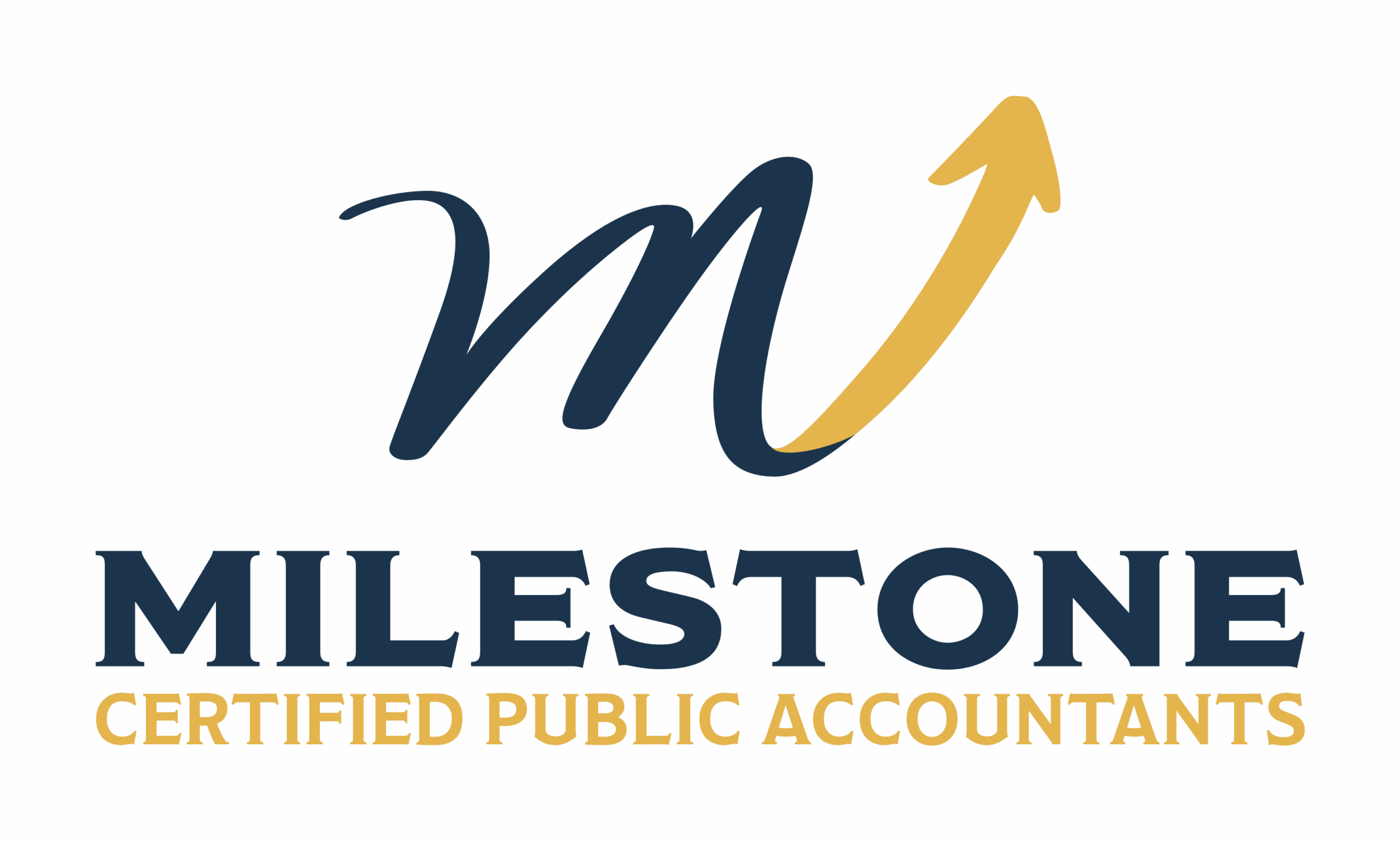Tax season doesn’t have to be a scramble. With strategic planning and proactive organization, small business owners can reduce stress, avoid last-minute mistakes, and save thousands in taxes. At Milestone Certified Public Accountants Inc., we’ve developed this comprehensive year-end tax checklist for business owners and real estate investors maximize deductions, ensure compliance, and start the new year with confidence.
1. Organize Your Financial Records
Start by pulling together accurate and updated financial reports. These include:
- Profit & Loss Statement: Shows your business income and expenses. Helps identify deductible costs and income trends.
- Balance Sheet: Offers a snapshot of your assets, liabilities, and equity.
- Bank/Credit Card Statements: Needed to reconcile accounts and verify reported expenses.
- General Ledger: Your master record of all financial transactions.
Why It Matters: Incomplete or disorganized records lead to missed deductions and IRS red flags. Clean records help your CPA uncover tax-saving opportunities and file returns accurately and on time.
Pro Tip: Don’t just rely on software exports. Double-check categories, especially for high-dollar transactions or new expense types.
2. Review Payroll and Contractor Payments
Ensure year-end payroll is accurate and reported properly:
- Reconcile all W-2 payroll for employees and verify year-to-date wages, taxes withheld, and benefits.
- Prepare and file 1099-NEC forms for contractors paid over $600, including freelancers, consultants, and property managers.
Common Pitfall: Many small businesses overlook 1099s for one-off service providers, exposing them to IRS penalties.
CPA Insight: Keep a log of vendor payments and verify Social Security Numbers or EINs before year-end using Form W-9.
3. Collect and Categorize Business Expenses
Now’s the time to scrub through your expenses and ensure they are fully categorized for deduction opportunities. Don’t overlook:
- Home office expenses
- Vehicle mileage or lease payments
- Meals and entertainment
- Business travel
- Subscriptions and memberships
- Professional fees (legal, accounting, consulting)
CPA Tip: Review any unreimbursed employee expenses or personal funds used for business — these may be deductible but are often forgotten.
4. Review Asset Purchases and Depreciation
Did you buy equipment, vehicles, or office furniture this year? You may be eligible to:
- Fully expense them via Section 179
- Use 80% bonus depreciation (phasing out annually)
- Depreciate over multiple years if that’s more beneficial
When to Involve a CPA: Not all purchases qualify, and electing accelerated depreciation depends on your broader tax strategy. We’ll help you choose the best route.
Real Estate Investors: Ensure rehab and capital improvements are distinguished from repairs. This affects how quickly you can deduct the cost.
5. Check Estimated Tax Payments
If you’re self-employed or own a pass-through entity, you should have been making quarterly estimated tax payments. Review:
- All four estimated payments (April, June, September, January)
- Current year profit vs. prior year
Why This Matters: Falling short triggers underpayment penalties. But there may still be time to make a Q4 payment and minimize damage.
Bonus Tip: Schedule a Q4 tax planning session with your CPA to run final projections. tax projection to help high-income individuals or small business owners avoid unexpected liabilities in April.
6. Optimize Retirement Contributions
Retirement plans offer major tax advantages. Consider:
- SEP IRA: Up to 25% of net income or $69,000 for 2024
- Solo 401(k): Combine employee + employer contributions
- Traditional IRA: Up to $6,500 (or $7,500 if over age 50)
Smart Move: Make contributions before filing your tax return (deadlines vary) to reduce current-year taxable income.
CPA Strategy: We often help clients defer income, reduce payroll taxes, and increase retirement savings in one step.

7. Take Advantage of Entity-Specific Deductions
Your business structure affects your tax strategies. Examples:
- S-Corp owners: Ensure reasonable compensation is documented to avoid IRS scrutiny.
- LLCs: Review member draws and profit allocations
- C-Corps: Consider year-end bonuses and charitable donations
Tax Credits to Consider:
We Help You: Align entity type with tax savings goals. If restructuring makes sense, we’ll show you how to do it right.
8. Confirm Business and Regulatory Compliance
This step avoids surprise fees and protects your legal standing:
- File annual Statement of Information with your state
- Renew business licenses, seller permits, and insurance
- Verify EIN records and ownership documentation
CPA Insight: Many businesses unintentionally fall out of good standing by skipping simple renewals. We help you stay on track year-round.
9. Meet With Your CPA Early
The sooner we meet, the better we can:
- Review Q4 performance
- Execute last-minute tax-saving strategies
- Confirm compliance items are filed on time
- Build a proactive plan for next year
Avoid the Rush: Filing early means less stress, faster refunds (if eligible), and reduced risk of error.

Invest in Planning, Reap the Rewards During Tax Preparation
Tax season is a test of how well you’ve managed your finances all year — but it’s never too late to catch up. With the help of a strategic CPA partner like Milestone CPAs, you can reduce your tax burden, improve profitability, and position your business for long-term success.
Ready to prepare for a smooth tax season?
Download our year-end tax checklist for business owners or book your tax planning session today: Schedule an Appointment













